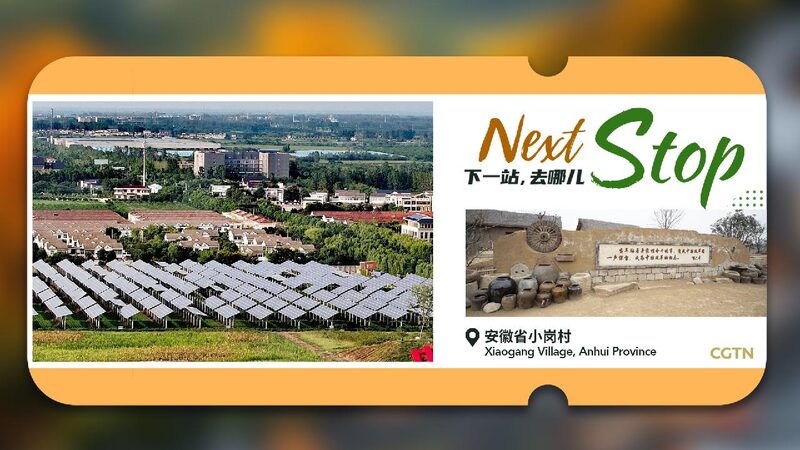Xiaogang Village, nestled in Fengyang County of east China’s Anhui Province, is more than just a quaint rural community—it’s the birthplace of China’s rural reform. Once battling barren lands and severe water scarcity, the villagers here faced immense hardship. But in 1978, a courageous act by 18 farmers changed the course of history.
Gathered in a dilapidated thatched cottage, these farmers pressed their red-inked fingerprints onto a secret agreement to divide communal land into individual plots. This bold move not only propelled Xiaogang Village into the spotlight but also ignited a nationwide rural reform that transformed China’s agricultural landscape.
Fast forward to today, Xiaogang Village has reinvented itself yet again—this time as a thriving tourist destination. Honored as one of the 2024 “Best Tourism Villages” by the United Nations World Tourism Organization, it attracts visitors eager to experience its rich history and culture.
“In my wildest dreams, I never imagined that Xiaogang, once so destitute we could barely fill our stomachs, would one day flourish through tourism,” says 81-year-old Yan Jinchang, one of the original 18 farmers.
Tourists can explore the very thatched cabin where the pivotal agreement was signed, now a national-level cultural heritage site. The village also boasts an exhibition hall showcasing China’s rural reform journey and achievements.
Visitors can stay in rustic homestays featuring traditional thatched cottages with earthen walls, reminiscent of the 1980s countryside. They can immerse themselves in local culture by participating in workshops on Fengyang flower-drum ballads, paper-cutting, and traditional brewing methods for liquor and vinegar.
In the first nine months of 2024 alone, Xiaogang welcomed over 410,000 visitors. In 2023, tourism revenue reached 150 million yuan (approximately $20.8 million), with half the villagers involved in the tourism industry.
This tourism boom has created job opportunities, encouraging young college graduates to return home. Villagers also benefit financially, receiving annual bonuses from the village’s collectively-owned enterprises.
Xiaogang Village stands as a testament to the power of bold choices and community spirit, evolving from a place of poverty to one of prosperity and cultural pride.
Reference(s):
cgtn.com








